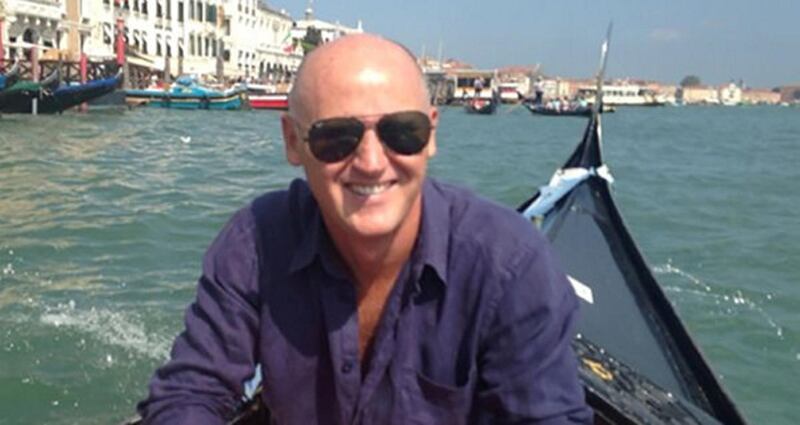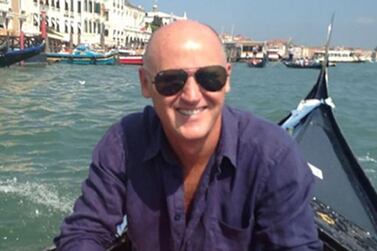The mastermind behind a $50 million [Dh188.7m] fraud that duped dozens of UAE investors faces up to 40 years in prison after breaking his silence to admit his role in the scam.
Briton Renwick Haddow was captured in Morocco in 2017 and extradited to the US over a sophisticated criminal enterprise selling non-existent office space and operating a fake Bitcoin trading platform.
New York-based Haddow, 50, who has left a trail of stricken investors around the world from previous scams, admitted two charges of wire fraud last month related to the office scheme – known as Bar Works – and the Bitcoin trading operation.
He has agreed to co-operate with New York prosecutors in an attempt to reduce his sentence after learning he faced 20 years in jail for each count. He had initially refused to talk to investigators so he would not incriminate himself, according to court documents.
Haddow, a former accountant, had a long history of running investment scams and was banned as a director by British regulators before embarking on the Bar Works project. He had tried to conceal his role as chief executive of Bar Works by operating under the pseudonym of "Jonathan Black".
Another Briton, James Moore, 58, who brought in investors for the scams, was found guilty after a trial this month for colluding in the deception. He had received more than $1.6 million in commissions for his part in the projects, according to US prosecutors.
“James Moore was part of a ring of insiders who helped conceal that Bar Works was run by a known fraudster,” Manhattan US Attorney Geoffrey S Berman said. “Innocent and unaware investors lost millions of dollars thanks to his contributions to the scheme.”
The National previously reported that as many as 150 people from the UAE may have been caught up in Haddow's scam and stand to lose about $15m in total.
Haddow hosted events to woo investors in hotels around the world – including Singapore, India and Hong Kong – and promised investors to expect annual returns of 12 to 15 per cent on their investments.
Bar Works claimed to provide work spaces in old bars and restaurants and opened in several locations, but Haddow and his associates pocketed most of the money. He used sales staff lured by promises of large commissions to put pressure on investors, with the proceeds moved through a complex web of offshore companies and tax havens.
Michael J Kapin, a New York lawyer who represents 27 Chinese investors, said authorities had revealed little about the sums of money they had been able to confiscate from Haddow and his associates. It was unclear how much could be recovered and returned to investors. He said it could be only a fraction of what was lost.
“I have seen some of the bank records and I know a lot of this money went to money laundering destinations,” he said. “How much could he have spent? Probably a very large percentage.”
Haddow had a history of launching eye-catching projects that attracted the attention of media and investors but were soon followed by unfulfilled promises and multimillion-dollar losses for investors.
He was banned for eight years by British regulators in 2008 after striking a deal with the publishers of Cosmopolitan magazine to launch a string of venues targeting young women. Only one was ever opened and the company collapsed leaving debts of £2m (Dh9.2m).
Other failed businesses followed including a "trendy milk" line, glow-in-the-dark plastics and a hotel ownership scheme. He was also involved in an aborted attempt to buy the world's oldest Sunday newspaper, The Observer, based in the UK.
When he was arrested in Tangier, Morocco in 2017, after the US issued an Interpol arrest warrant, he was being pursued through the UK courts over a fraudulent farming operation in Sierra Leone.
British regulators in March last year ordered that Haddow and others should pay £16.9m for their roles in four unauthorised investment schemes, including the Sierra Leone farming operation and three carbon credit projects. British regulators were not immediately able to say how much he had paid back.
Haddow's sentencing date in the US court has yet to be scheduled.








